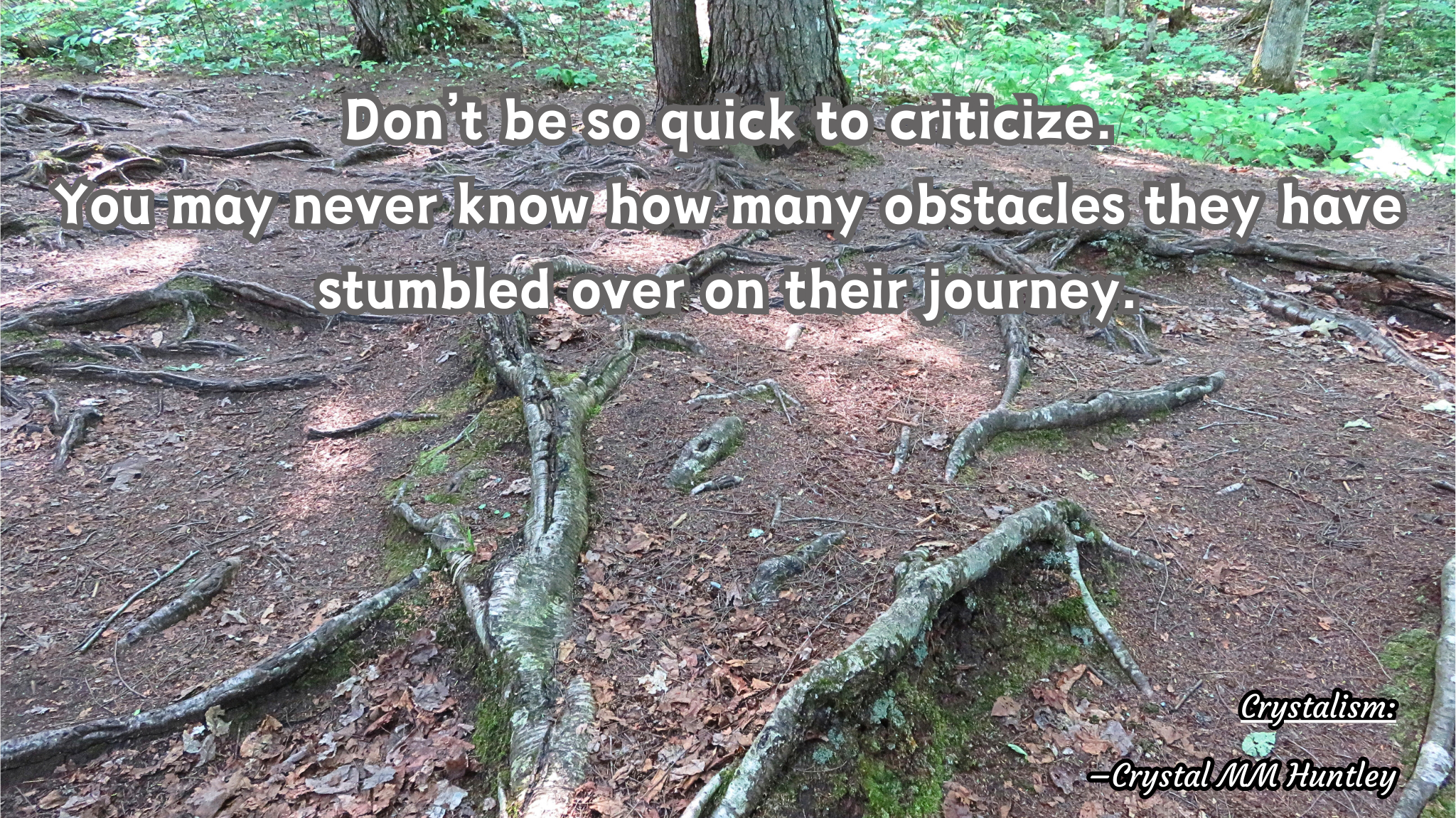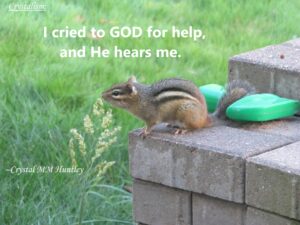Why are people quick to be critical? Unlock the answer. Abuse comes in many forms, some obvious, still others not so much. One of the more subtle yet widely spread forms of abuse is criticism.
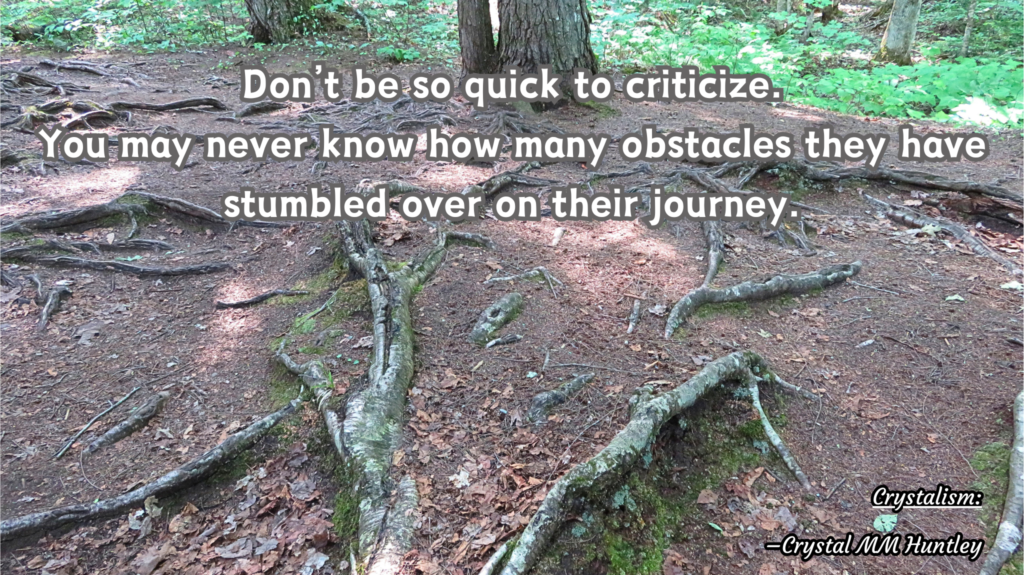
To see more Crystalisms, go to https://www.facebook.com/groups/1360983917796761.
Five years ago, when my Westie was a pup, I struggled to run the hand-held vacuum over our hardwood floors without him going nuts as he attempted to attack it. Back then, I habitually read a profuse amount of articles to assist me in better training our furry baby.
One day, I stumbled across an article about how to handle your dog around vacuum cleaners. Happy anticipation filled me as I read on. Instead of providing helpful answers, however, the author merely squashed my joy. She crassly stated, “If you vacuumed more often, you wouldn’t have a problem.” Those coarse printed words registered within my brain, repressing me with a thick dose of criticism.
I used to let such comments cripple me, but not so much anymore. It took many years of healing work to overcome this tendency to allow disapproving comments to cut me. I now recognize that far too often, overtly critical people speak more of themselves than of others. People who are quick to criticize live with the cursed self-talk of an ever-critical mind. Imagine the horror they must exist in. Doing so will make it easier to let their judgmental comments wash over you with no effect.
Not everyone would agree with my labeling criticism as abuse. However, its definition includes using insulting and offensive language against another. The difference between abusive and constructive criticism lies within a person’s intent. Is the user attempting to provide guidance, even if in a clumsy manner? Or are they merely throwing out judgmental fault-finding?
Breaking Chains of Abuse
For most of my life, I didn’t need someone outside me to shout critical phrases directed at me to cower at its effects. My mother did a good enough job of drilling that harmful trait into me. I battled hearing its demeaning voice with practically everything I did.
I still suffer somewhat from this villain, but I’ve gained the strength and tools to fight it off when attacked. Such tools come with boldly breaking generational chains of abuse and entering into recovery. For those of you who are in the beginning steps of such a journey, I encourage you to continue moving forward. Far better days await you as a reward for your devoted work.
Always remember, you deserve to be treated well by others and yourself. Pay attention to your internal thoughts. What are you telling yourself? Do your private whispers build you up, or do they crumble you?
I grew up in an extraordinarily critical home. My parents labeled everything as godly or evil. I extend much gratitude to my Savior for creating me with an extra compassionate heart. I did all I could to shield people from my parents’ self-righteous judgments. However, I still learned their trait well, turning it inward as I became ruthless toward myself. My biggest battle to free myself from the demon of criticism rested within quelling those ruthless internal thought patterns.
For multiple years into my adulthood, I felt I had escaped their modeled criticism of others, but as I matured, I discovered how wrong I had been. As I grew older and wisdom entered within, it surprised me to see moments in my life where I, too, had been unjustly judgmental of another.
My Lesson from Karen
After my nineteenth birthday, a family living halfway across the continent from my parents graciously opened their home to me as I attended college. I stayed with them rent-free while working two jobs to save money for an apartment. Karen and Mike embraced me as family. Karen, especially, took me under her wing, delighting in teaching me multiple handy life skills.
My extremely fault-finding parents lived very frugal. One day, I helped Karen unpack a load of groceries. I pulled out a box of cookies as Karen found space in the cabinets for a bag of chips when nineteen years of training from my parents clicked in. “I’ll easily make it on my tight budget by sticking to basic food items. Extra like these,” I held up the cookies, “are unnecessary.” I flashed Karen a self-satisfied smile, proud of my “words of wisdom.” Karen responded by saying nothing as she continued to put groceries away.
As I watched Karen, my self-righteous comment cemented into my brain, and an unsettled sensation attached to the lining of my gut. That unnerving moment stuck with me for many years, even though I didn’t understand why. As we take the path of healing, we not only heal from the damaging words and actions of others, but we also heal from those actions we have carried into our own lives.
In time, my wiser, introspective self could see the insult I had delivered to Karen. I also began to understand how I spat out that cutting phrase as a clumsy way of trying to prove my self-worth. With that thought in mind, is it possible the underlying reason people criticize is not to find fault in others? But instead, does such critical behavior stem from a burning desire to gain approval for themselves?
Constructive Criticism
To be a successful writer, one must be willing to accept constructive criticism. I place my heart and soul into each book and blog I write. This commitment makes me considerably vulnerable each time I hand over a completed manuscript to my editor, asking for his prudent opinion. Distinguishing between constructive criticism and ruthless judgment is crucial to sharpen my writing skills.
Next time someone criticizes you, don’t automatically let it soak in. Take time to discern their comments. Does value exist within those sharp phrases? If it does, then let your guard down and reap those rewards. If not, then recognize how that person is probably speaking more about themself than you. Don’t allow their words to soak in and harm you. Instead, have compassion for them, for they have just inadvertently revealed a tender area of vulnerability.
Note To My Readers
May all who indulge in my written creations find entertainment, enjoyment, and education. I also hope to inspire you to move forth in your healing journey.
Hopefully, you have gained value from this blog post. If you have, I would like to offer you the opportunity to purchase my books. You can buy The Hidden Diamond and Robin’s Gift at BUY-the-BOOK https://www.amazon.com/s?i=digital-. Two additional sites where you can find my books are https://bkbookshoppe.com and https://bizybookstore.com.
Each purchase of my books supports my mission to help those trapped in abuse break those chains and find their way to freedom while drawing closer to their Maker. Once you have read either of my books, feel free to leave a review on the site you purchased from. Your review will encourage others also to seek out the path of healing.
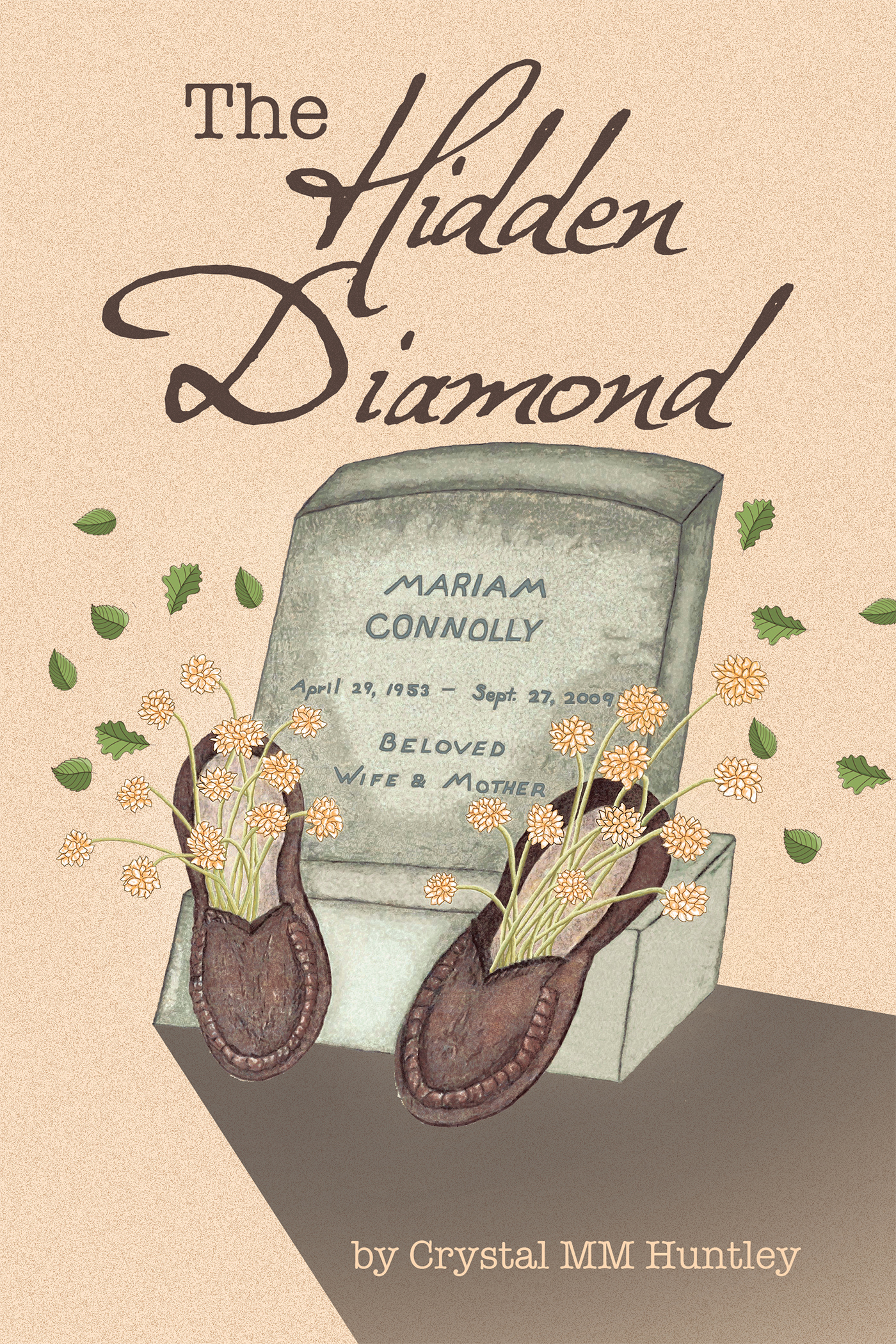
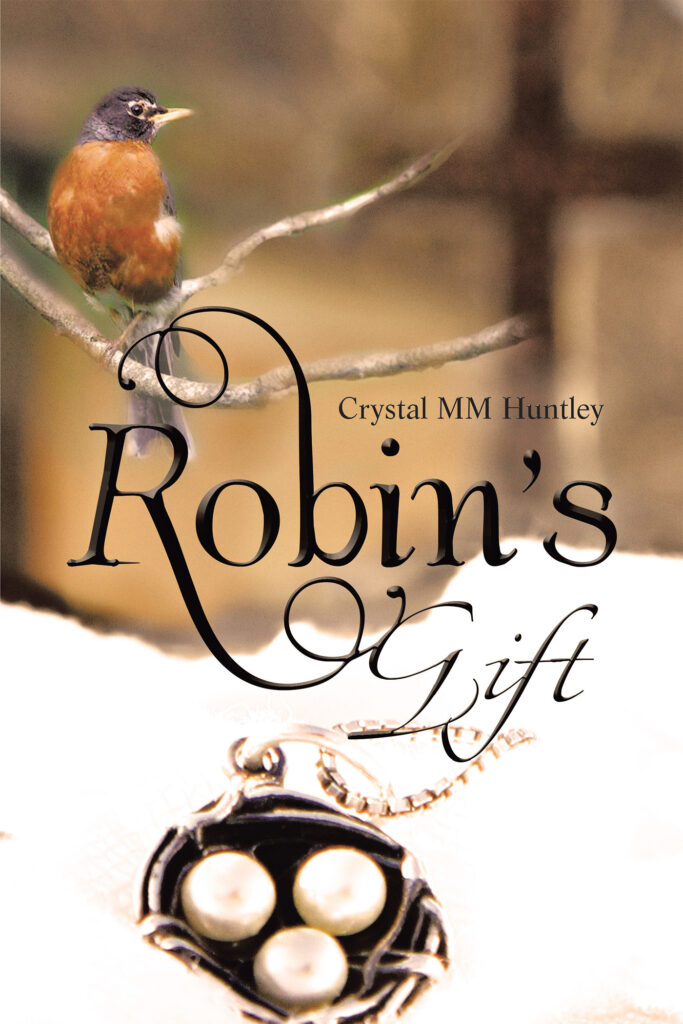
Alexandra All souls are priceless no matter their past. A personal reason to testify. Assure myself with a pep talk. Boundaries Breaking Out Breathe into the space of peace. Complex CPTSD Continue to write for God. Difficult people can become a catalyst for growth. Discover My Newest Post Ehlers-Danlos Syndrome Forgiveness Free Giveaway From Robin’s Gift God chooses. Grace Enters Hope How I got out of the wheelchair. Installing Healthy Boundaries Invite Keep up the good work. Master New Skills My Mission My Story No meaningful journey exists without pitfalls. Note To My Readers Resources Robin’s Gift Robin’s Gift – A Sneak Peak Share my healing journey. Taboo topics have infiltrated people. Take the Challenge Thank you. The Behind Story The Hidden Diamond Transcend into healthy boundaries. Upcoming Posts We Don’t Know What We Don’t Know. Why I Write Writing Is My Passion Writing Mirrors Life You Are Worthy! Your Gain “When I am weak then I am strong.”
- Do You Know What Abuse Is?
- How to Learn Not to Be a Victim
- Because of You, Daffodil Dayz 2025 was Triumphant!
- The Connection Between Broken Trust and Instability
- Exclusive Book Signing Event!
- May 2025
- April 2025
- March 2025
- February 2025
- January 2025
- December 2024
- November 2024
- October 2024
- September 2024
- August 2024
- July 2024
- June 2024
- May 2024
- April 2024
- March 2024
- February 2024
- January 2024
- December 2023
- November 2023
- October 2023
- September 2023
- August 2023
- July 2023
- June 2023
- May 2023
- April 2023
- January 2022

